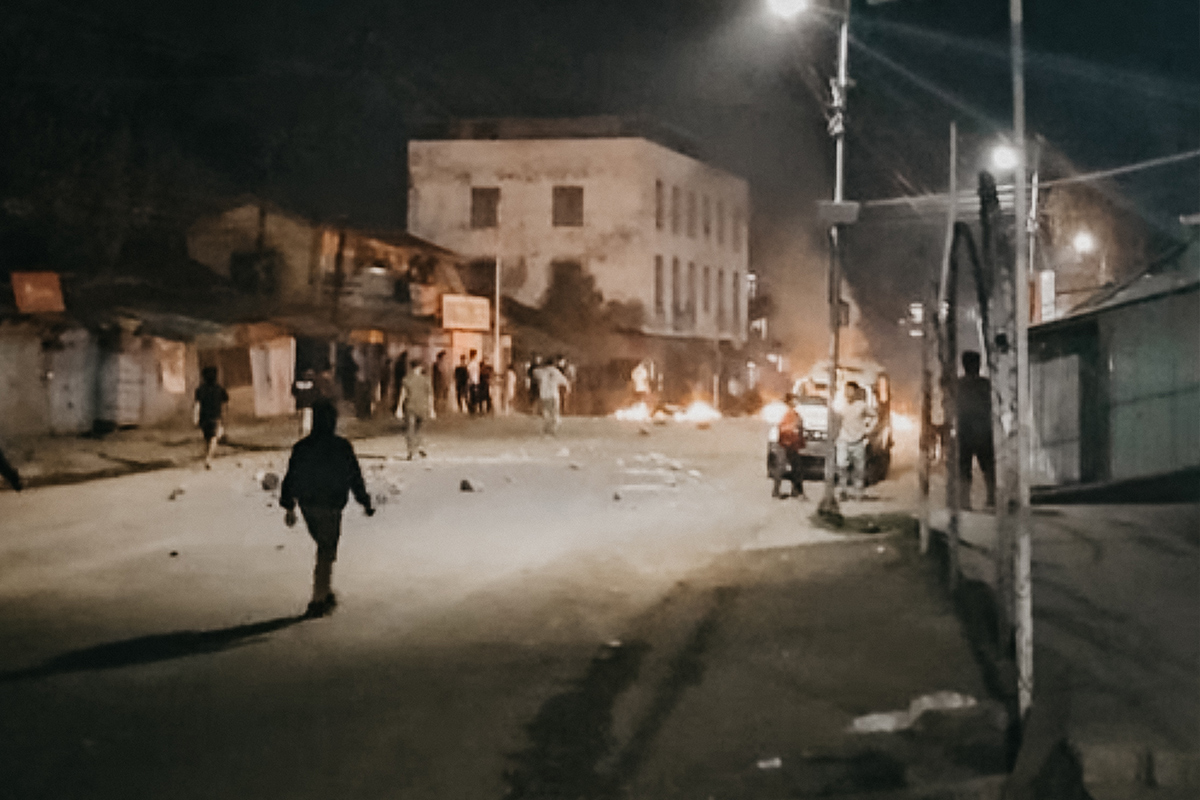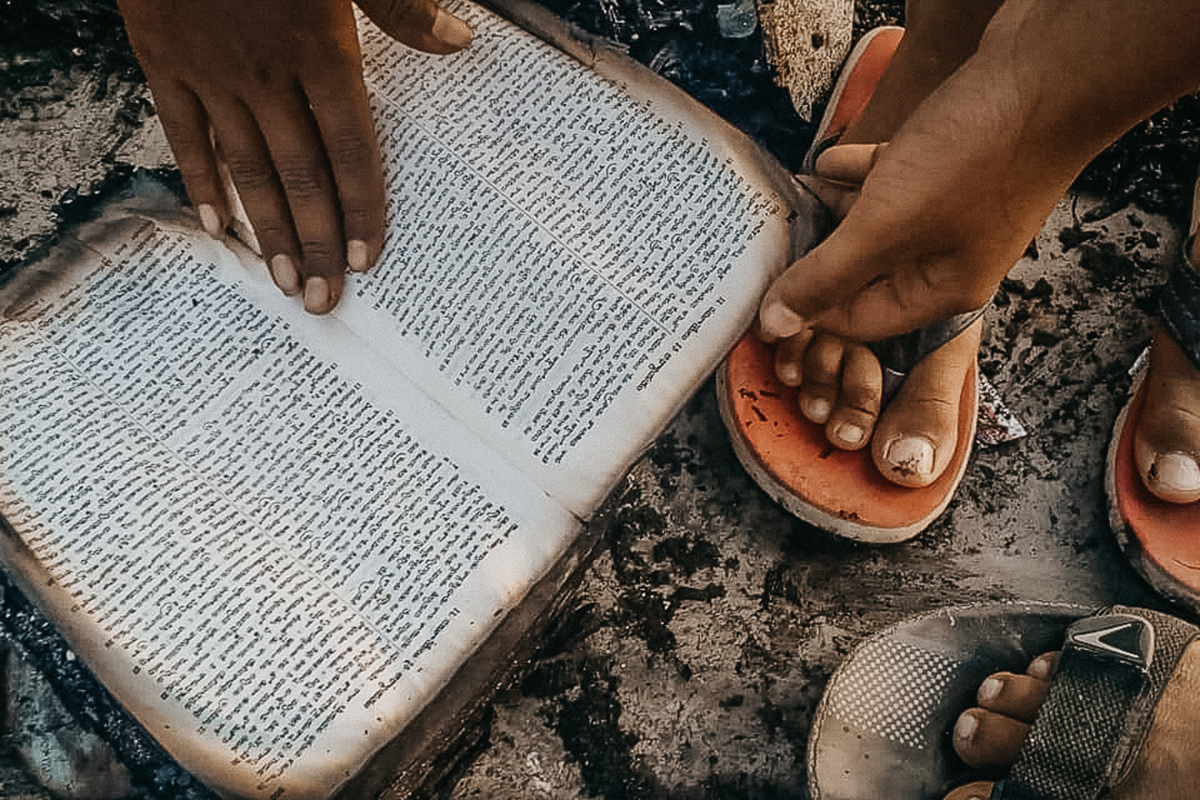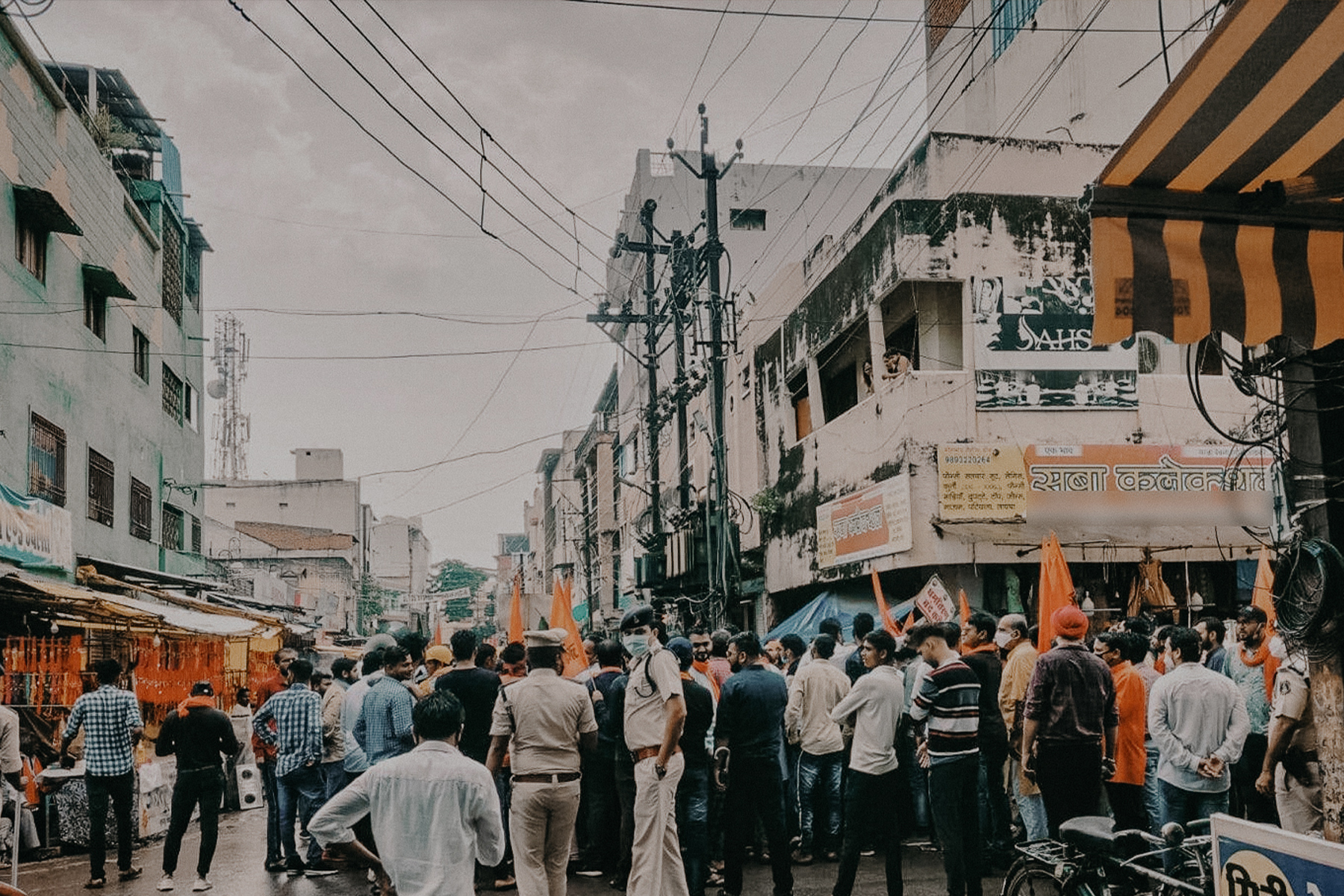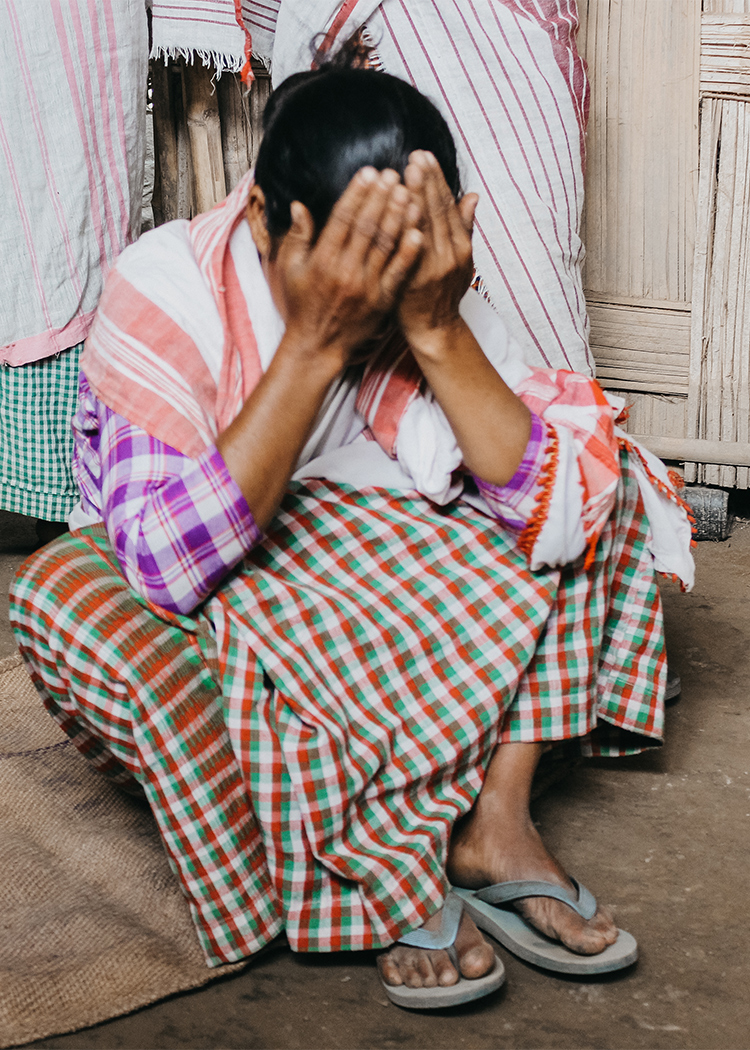What actually happened in Manipur?
On May 3, the tensions between the Kuki tribe (who are majority Christian) and the majority-Hindu Meitei people in Manipur State, Northeast India, escalated into violence. The community-wide rioting led to the burning of more than 230 churches and the deaths of more than 60 believers.
Tensions have been brewing between these two groups for decades. But the catalyst for the most recent violence was Manipur’s pro-Hindu government deciding to give the Meitei people additional land and benefits, coupled with the eviction of the Christian Kuki’s from their ancestral land.
Since the fighting escalated, believers have been beaten, threatened, visited by extremists, and forced to renounce their faith. Now, thousands of believers have been displaced and young men are being prepared to fight—the ethnic tensions have been used by Hindu extremists to further their pro-Hindu agenda, and Open Doors local partners say Northeast India is “on the brink of civil war.”
Please help Christians in India today.
What led to this violence?

In February 2023, the pro-Hindutva (Hindutva is the idea that only Hindus are true Indians) state government of Manipur began to gather the names of Christians and data on local churches, asking them to participate in a mass rally against drug abuse.
Right after the collection of data on March 9, many missionaries residing in Manipur were arrested and falsely accused of being illegal immigrants. The missionaries were imprisoned and violently threatened. During this period, pro-Hindu groups were formed that started to plan and attack Christians—this includes Arambai Tenggol, one of the main extremist groups responsible for the burning of churches in the area.
In April, the state government conducted a survey on forested areas—many of which were home to the many mountain tribes of Manipur, including the majority Christian Kuki tribe. The government then ordered the eviction of residents from some of these areas after they declared them to be protected forest lands. This caused uproar among the Christians from the Kuki tribe, as this land has been passed down to them by their ancestors.
In this process, many houses belonging to Christians were destroyed along with all their properties. Three churches from the tribal colony of East Imphal—which had mixed tribes—were also demolished by the state government on April 10.
What is the situation on the ground?
It is not safe for outsiders to enter the affected areas; people are flying out from Mizoram Airport and taking refuge in border states of Manipur.
Many suffered loss of life and loss of property. People do not have food or shelter, and are still facing threats and physical violence. The internet has been shut down in the region since May 3 and still hasn’t been restored. Food supply and military trucks were burned, and many people have suffered from mental and physical loss. Access to ATMs have has been cut off. Food and fuel prices are also four times higher.
What is the future of this crisis?
Open Doors local partners believe things are going to get worse. Some say a civil war might break out. Christians in Manipur are expected to face more persecution through forced conversion, physical violence, and loss of life. There are also threats of spreading violence in Tripura, Assam, Meghalaya, and Arunachal states.
Mass rallies have been staged in Meghalaya and Assam by the Meitei. The decades-long tensions have escalated, and tribal insurgent groups have taken advantage of the situation and have started to train young men with arms.
What can the global Church do now?

It is important that the global Church speaks out, supports, and prays for the Christians affected in the Manipur, India. This is much more than an ethnic clash. Manipur is known for its large Christian population and strong church groups.
Please help Christians in India today.
These Christians protested against what they saw as injustice against them—the protest turned violent and both the communities suffered, however, the Christian community suffered the worst. As of latest field reporting, over 230 churches have been burned, over 1,000 Christian houses and institutions have been destroyed, and over 60 people have died. Over 10,000 Christians have been moved to safer places. It might take decades for the community to establish itself and stand strong like before.
This incident also communicates how vulnerable Christians are in India; in most states Christians are an even smaller minority, so if Christians can be so targeted and attacked in a state like Manipur, how bad might their condition be in other states?
Frequently asked questions
Is the conflict ethnic, religious, or both?
It is both. Though originally widely reported as an ethnic conflict, it would be a mistake to miss the religious component of the clashes. The conflict has been inflamed by decisions made by the state government, which is largely governed by the leading Hindu nationalist party. Their decisions aim to disenfranchise Christian tribes who are already disadvantaged in the first place. This is why the Kukis protested these decisions—initially in a non-violent way—as they felt targeted by the evictions from their homeland.
After the tribal members protested, an extremist group from within the Meitei ethnic group used this as an opportunity to attack churches—not only Christian churches from the Kuki tribe, but also Christian churches from among the Meitei, most of whom are coverts from Hinduism. Now, believers from both the Kuki and Meitei are suffering. Believers from both Kuki and Meitei tribes are also undergoing “ghar whapsi,” which means “homecoming” and is the name given to a policy of forceful reconversion of religious minorities back to Hinduism.
Thousands of families have been displaced and hundreds of churches and houses have been burned so far, most of which belong to Christian tribal groups.
Please help your Indian brothers and sisters in this crisis.

